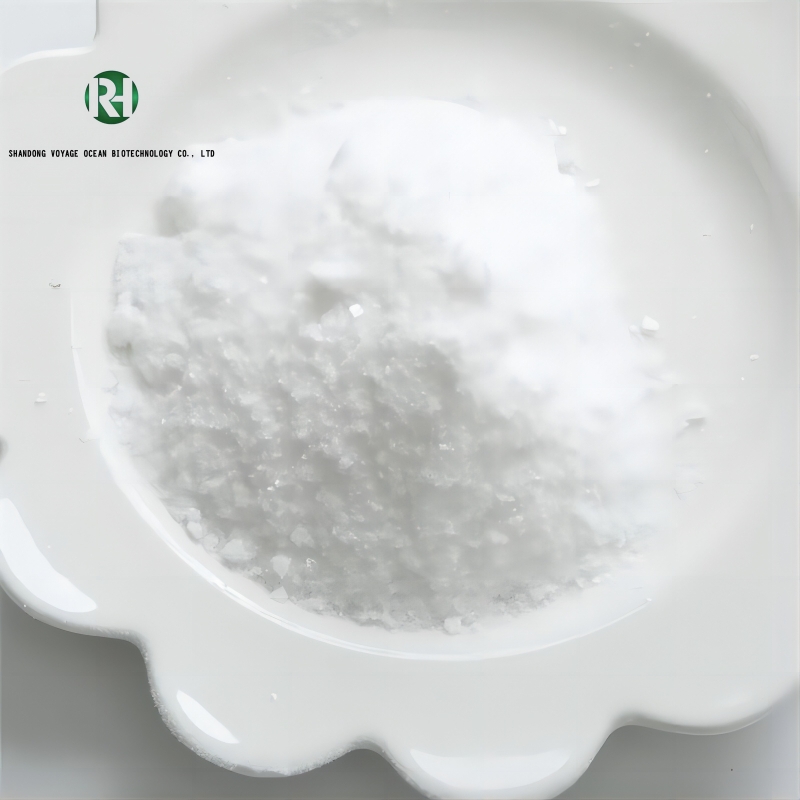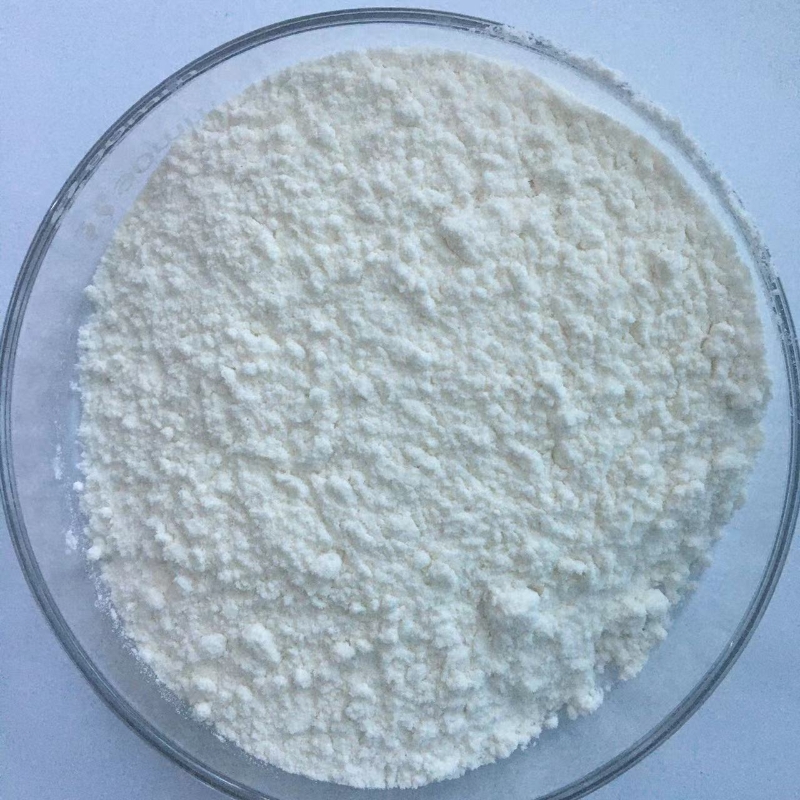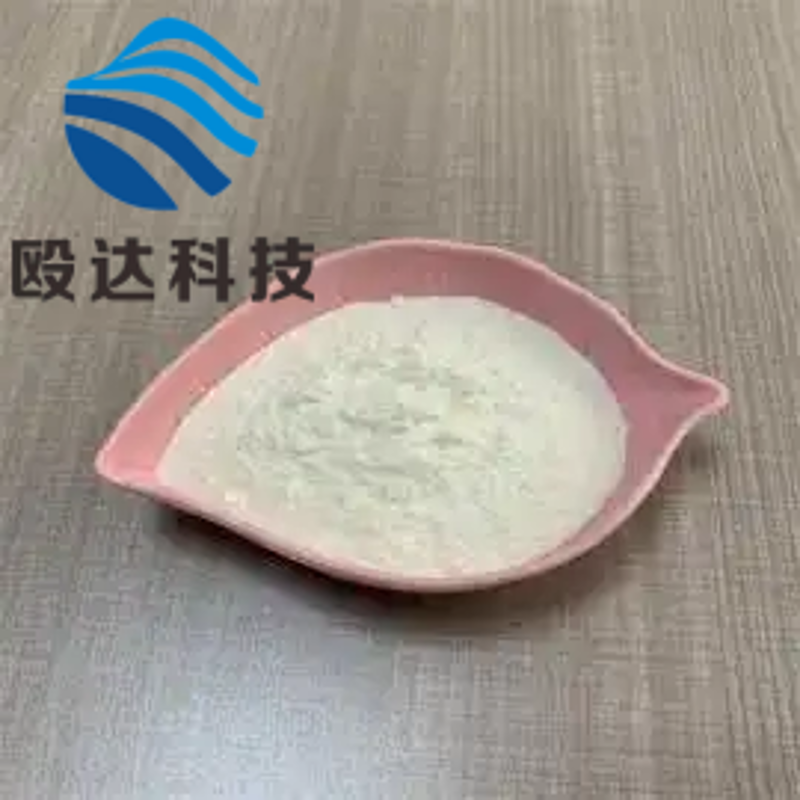Biomimetic pharmaceutical companies in Europe and America compete for a feast
-
Last Update: 2013-12-30
-
Source: Internet
-
Author: User
Search more information of high quality chemicals, good prices and reliable suppliers, visit
www.echemi.com
Source: pharmaceutical economic news 2013-12-30 with the brand pharmaceutical companies joining in the ranks of Biopharmaceutics, intending to launch the "blockbuster" product with the patent about to expire, the European biopharmaceutical market in 2014 is bound to develop towards blowout However, the high cost and cumbersome approval process are still challenges to the development of bio generic drugs Big pharma companies are scrambling for a feast STADA, a German generics company, is stepping up the launch of grassofil, a generic drug of neupogen, a cancer drug recently licensed by Amgen In addition, hospitra, a global hospital product company in the United States, and celltrion, the second largest monoclonal antibody manufacturer in the world, are preparing to launch infactra (infliximab), a copy of Rex, a Johnson & Johnson company Its European patent expires in 2015 Infractra is one of two monoclonal antibody biosimilars approved by European regulators this year The other is remsima of egis, a Hungarian pharmaceutical manufacturer, and infliximab Remsima, infractra and grassofil are three of the four biosimilars authorized by the European Commission this year The fourth is ovaleap (follicle stimulating factor-A) from TIWA, Israel They are the biosimilars of Gonal-F used in in vitro fertilization by Merck snow, Germany So far, the number of bio generic drugs authorized in Europe has reached 15 It is expected that the 16th may only be ly-2963016, one of many imitations of Lantus Meilan company in the United States and Baikang company in India are also developing similar products Several other brand pharmaceutical companies are also scrambling to enter the bio generic War: Sanofi has launched phase I clinical research of several insulin products, while Amgen plans to launch bio generic drugs like Lek, Sumeria, avidin, Herceptin, Merlot and ibital in 2017 Although the sales volume of new bio generic drugs will not reach the blockbuster level of its imitated brand products, the annual sales volume of bio generic drugs will increase from only 378 million US dollars (IMS data) in the first half of 2011 to 2.445 billion US dollars (visiongain data) this year So far, the biggest obstacle to sales of biosimilars has been that the European EMA and FDA have been too conservative, said Michael Waterhouse, an analyst at Morningstar, an independent investment research firm "If I rank the importance of the reasons, regulatory concerns about product safety should be at the top of the list, so that bio generic drugs should pass any clinical trials required by regulatory authorities In addition, build doctors' confidence in the use of these products " Michael Waterhouse said Many doctors have been reluctant to prescribe biosimilars, and some biopharmaceutical companies have been adamantly opposed by concerns about falling sales of branded products For example, Abbott and intermune sued EMA in March to prevent regulators from publishing their clinical trial data on the grounds of trade secrets However, the development of biosimilars is also constrained by higher production capacity and processing costs In addition, more time and additional costs of clinical research are needed, and the scale of its comprehensive cost is far higher than that of chemical generic drugs However, biosimilars have a higher pricing advantage, only 20% - 30% lower than the reference brand products Then there is the ongoing controversy over the naming of biopharmaceuticals At the World Health Organization forum in October, both brand pharmaceutical companies and generic pharmaceutical companies reiterated their well-known arguments: brand biopharmaceutical companies and their supporters seek unique non exclusive names by adding unique and different suffixes to a common and shared root to show their differences from generic drugs and other biological preparations However, producers of chemical and biological generics, as well as their supporters, say there is no reason to use a different name than the World Health Organization's international non proprietary name (inn) nomenclature They also pointed out that since 2006, biosimilars listed in the EU have been using the same inn name as brand drugs, without any problems "The outcome of this debate is particularly important for the future of the U.S biopharmaceutical industry It is important to realize what is the best way to manage in the new situation, which requires some influential people to try to coordinate in order to gain high recognition from the global regulatory market," said Chris Lewis, a spokesman for Sanders ”In the first nine months of 2013, sales of growth hormone, granulocyte colony stimulating factor and erythropoietin-a reached US $301 million, an increase of 22% in constant currency over the same period Sandoz is one of the top three European biopharmaceutical developments, the other two being TIWA and hospita "Biosimilars are still a more attractive opportunity for pharmaceutical companies than chemical generics," said Chris Lewis Usually, after a chemical patent expires, 10-12 imitations enter the market But that's not the case with biosimilars, where there are usually only one or two competitors, up to three In general, biosimilars can stick to their pricing, which is much better than most chemical generics " Biosimilars require higher pricing and are also related to development costs According to the European Society for generic drugs, the development cost of bio generic drugs ranges from US $134 million to US $334 million, while the cost of chemical generic drugs ranges from US $1 million to US $50 million (Datamonitor and Canada's better pharmaceutical collaboration data) The cost of developing biosimilars in the U.S is likely to be higher, depending on the comparability of biosimilars and reference preparations in clinical trials that FDA will eventually need, as well as the specific situation of the product U.S.: keep waiting in the U.S., biosimilars developers are still waiting Four years after the relevant laws and regulations are authorized, they are now facing President Obama's affordable healthcare bill FDA issued three guidelines in 2012 to address scientific and quality considerations in the development of biosimilars and to answer frequently asked questions In March, the FDA issued a fourth set of guidelines, covering an official meeting between the agency and biosimilars sponsors FDA spokesman Lisa kubaska said on November 7: "the FDA is carefully reviewing and considering the opinions submitted to the draft guidance and hearing on biosimilars We will take all comments into consideration as we issue the final draft of the guidance document and develop future policies for bio generic and swap products " As of November 1, the FDA Center for drug evaluation and Research (CDER) has received 57 requests for a kick-off meeting to discuss the development plans of 13 different reference products for biosimilars The sponsors have held 49 kick-off meetings CDER also received 18 new drug clinical trial application plans developed by biosimilars at a pre-trial clinical trial application meeting Compared with the lack of regulation in the United States, Europe is still the global leader in biosimilars regulation In 2005, the European Union issued the approval way regulation, and one year later, it approved the first bio generic drug But emerging markets, especially China and India, are getting approval faster than the EU Europe, Japan and the United States account for 20% of the world's biosimilars market, according to visiongain In the next decade, with the improvement of U.S regulation and the expiration of "blockbuster" biopharmaceutical patents, the growth of the developed world will be faster It is predicted that by 2020, drugs with a total sales volume of US $67 billion will lose patent protection Europe: EMA released three draft guiding principles for bio generic drugs at the beginning of this year, covering quality, non clinical and clinical issues The public consultation ended on November 30 The EMA said the three draft guidelines would be released in due course "In order to promote the development of global biosimilars and avoid unnecessary duplication of clinical trials, the data of clinical studies and in vivo non clinical trials submitted by applicants to EMA can be compared with that of non EEA," the draft said The draft also deals with a wide range of analytical and comparative issues between the EEA and the non EEA The applicant is required to provide pharmacokinetic and pharmacodynamic comparison data to confirm that the batch of reference drug meets the requirements The European Association of Biopharmaceutical Enterprises (EBE) and the European Association of biopharmaceuticals (Europabio), the industry organizations representing brand pharmaceutical manufacturers and bio imitators, both expressed support for changes in regulations "The changes provide an important way to further strengthen European bio generic drugs," said the head of regulatory affairs at Sanofi's strategic division It is expected that the draft guiding principles will be finalized in 2014, which in turn should further force FDA to accelerate the determination of its own draft guiding principles and eventually expand the global bio generic market to the United States The United States should have long-term growth potential based on population, drug prices and other cost cutting pressures for health care
This article is an English version of an article which is originally in the Chinese language on echemi.com and is provided for information purposes only.
This website makes no representation or warranty of any kind, either expressed or implied, as to the accuracy, completeness ownership or reliability of
the article or any translations thereof. If you have any concerns or complaints relating to the article, please send an email, providing a detailed
description of the concern or complaint, to
service@echemi.com. A staff member will contact you within 5 working days. Once verified, infringing content
will be removed immediately.







